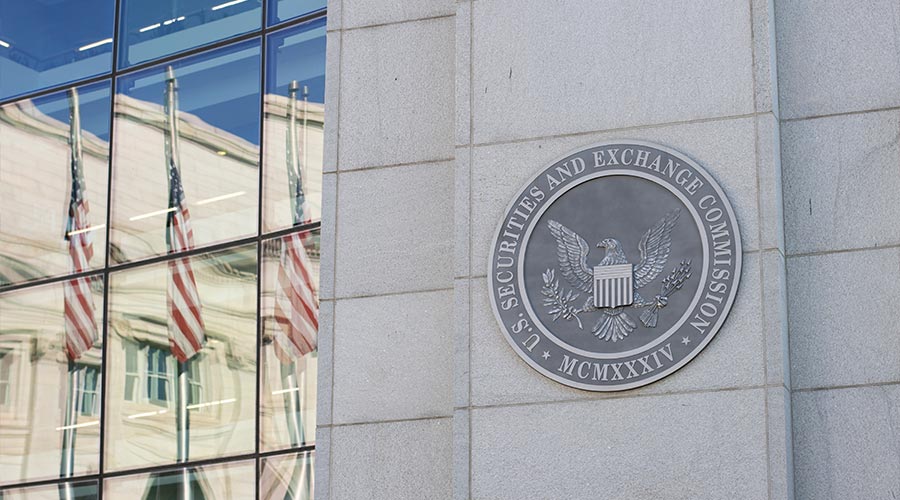
Contributed by The Ashkin Group
On Wednesday, March 6, 2024, the Securities and Exchange Commission (SEC) "adopted rules to enhance and standardize climate-related disclosures by public companies and in public offerings," according to their press release.
The news story says that the rules reflect the SEC's continued efforts to respond to global investors "who demand consistent, comparable, and reliable information about the financial effects of climate-related risks on a registrant's operations and how it manages those risks."
A registrant is any company that files documents with the SEC.
"The gist of this ruling is that over the next few years, publicly traded companies in the U.S. will have to disclose [their] climate-related risks and their adaptation strategies," says Steve Ashkin, the leading sustainability advocate in the professional cleaning industry. "It will also require businesses to disclose their direct and indirect release of greenhouse gas emissions and what steps they are taking to mitigate them."
Whether human-made or not, greenhouse gas emissions are the root cause of climate change and the cause of many of the extreme weather events we have witnessed in recent years. These extreme weather events have resulted in losses exceeding $1 billion in the U.S. in 2023, according to the National Centers for Environmental Information.
Ashkin compares the SEC ruling of standardized reporting requirements to a CARFAX report when buying a used car.
"Just as a CARFAX report helps car buyers make more informed decisions, the SEC reporting requirements will provide investors and others with additional information to help them make more informed decisions," says Ashkin.
"Furthermore, as the SEC pointed out, over 90 percent of publicly traded companies already produce sustainability reports, so it is anticipated that the new requirements will not be overly burdensome for most companies."
We should add that the new ruling is not without controversy. Many businesses and trade associations in the U.S. are opposed to it.
However, others claim it does not go far enough. Europe and California, for instance, are already preparing guidelines that surpass the ruling adopted by the SEC.
So, what does this SEC ruling mean for the professional cleaning industry?
"It means reporting on environmental risks is coming, whether one believes in mankind's contribution to climate change or not," says Ashkin. "Further, it encourages our industry's adoption of sustainability to minimize risks and ensure business continuity."
While the SEC does not mandate reporting on such impacts from their suppliers, "this is likely to change in the future, so jan/san companies should start gathering this data now," Ashkin advises.

 Celebrating BSCAI's 60th Anniversary eBook
Celebrating BSCAI's 60th Anniversary eBook The Down and Dirty on Cleaning in Virus Season
The Down and Dirty on Cleaning in Virus Season How Surfactant Use is Expanding in Commercial Cleaning
How Surfactant Use is Expanding in Commercial Cleaning